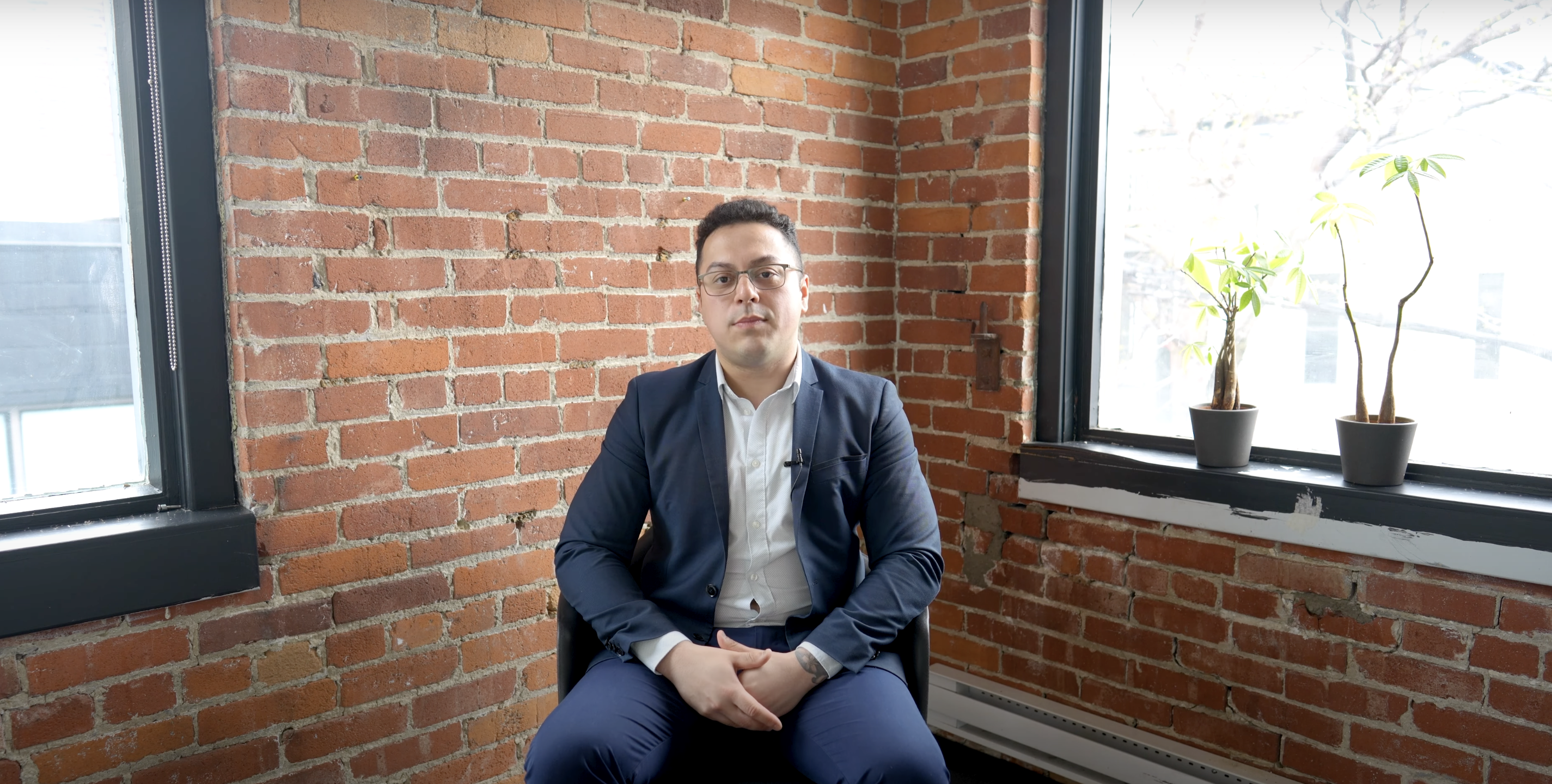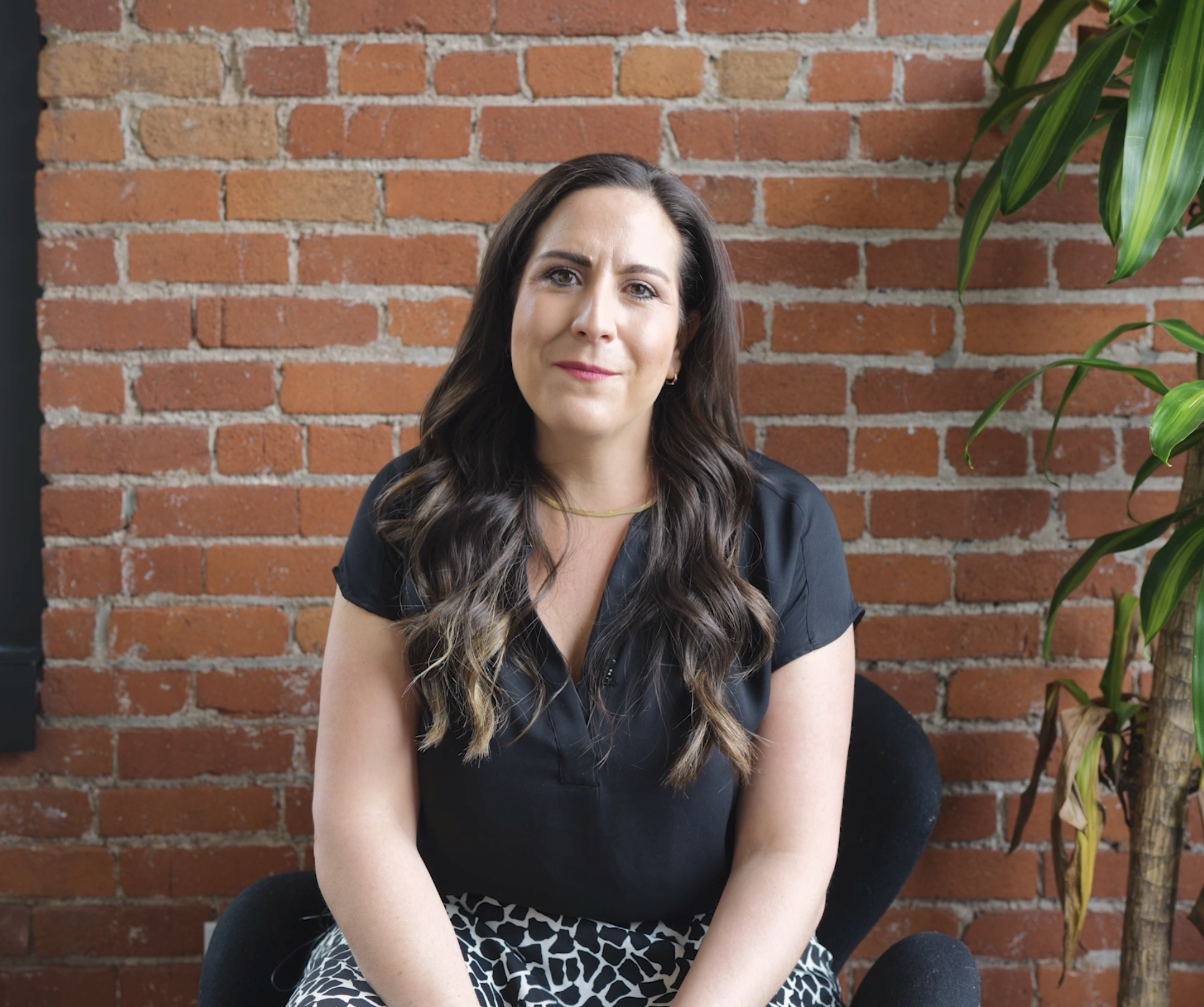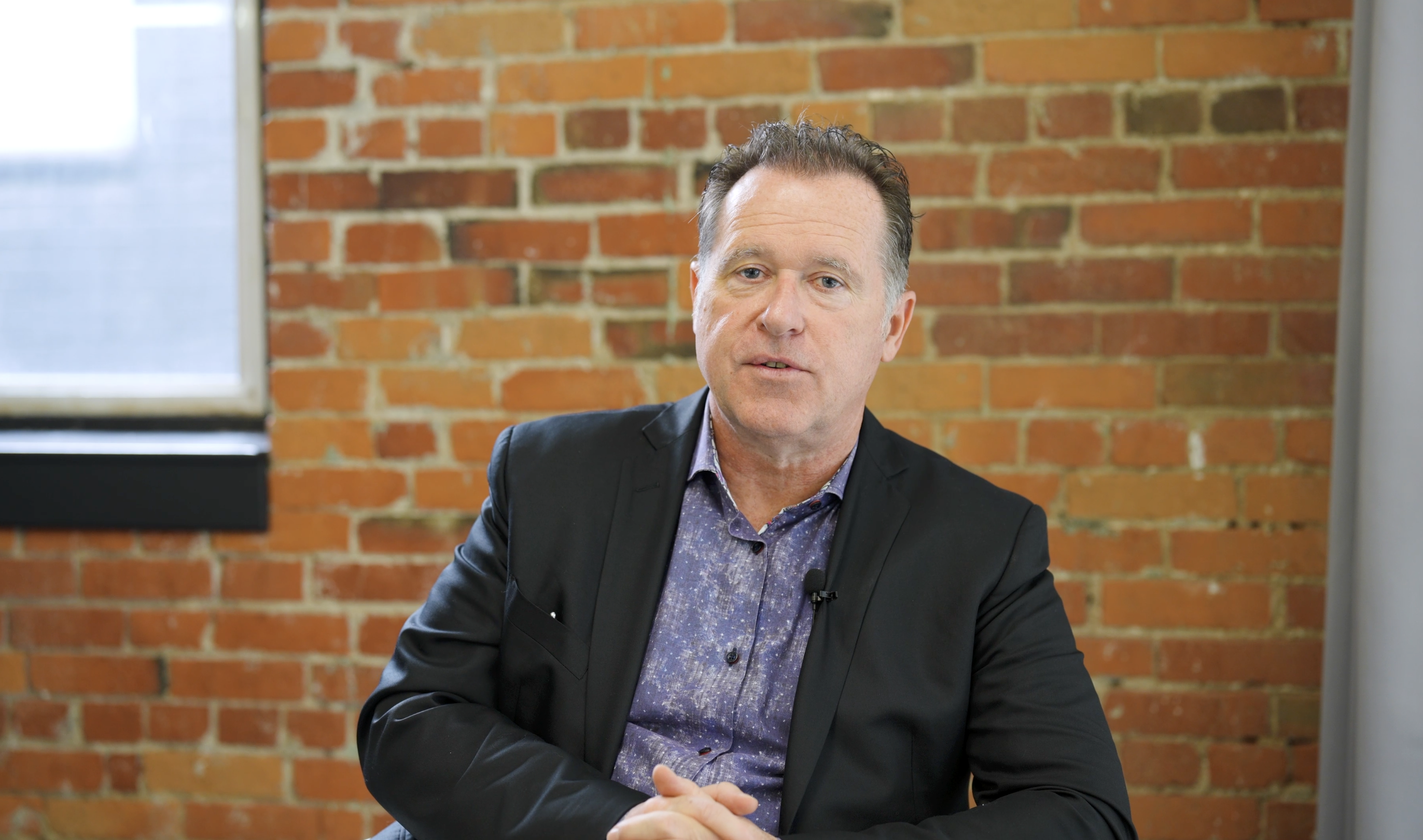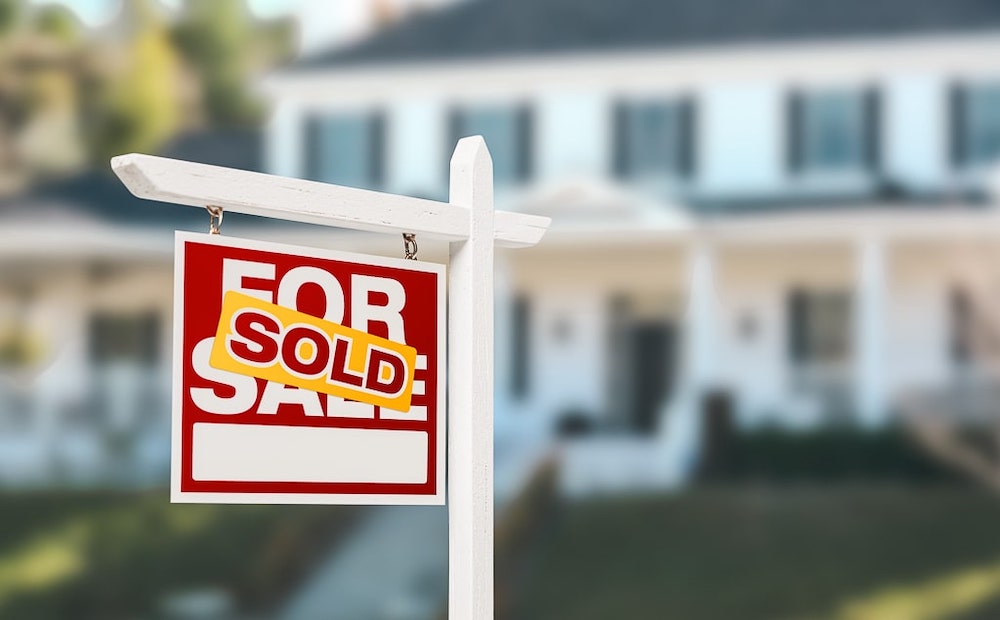Buying a home in Canada has almost never been more challenging. With affordability near an all-time low, both public and private institutions have built programs to tackle the problem. Today, we’ll compare Ourboro’s co-ownership program with the Government of Canada’s First-Time Home Buyer Incentive (FTHBI).
Both programs utilize a shared equity approach – providing capital for your down payment in exchange for a share in the future value of the home. But, they each go about it in different ways. Let’s explore these two initiatives point-by-point to help you make an informed choice.
Eligibility Criteria
Both co-ownership with Ourboro and the FTHBI are meant strictly for those purchasing a home to live in, not to rent out. Beyond this key shared criteria, who is eligible and what you need to bring to the table differs significantly. The following chart highlights some of these key differences:
| Ourboro | Canada’s FTHBI | |
| Region | Greater Toronto Area, Hamilton, Kitchener-Waterloo, Guelph, and London | Across Canada |
| Required Down Payment from Buyer (% of the home value) | Minimum: 5% Maximum: 15% | Minimum: 5% of the first $500,000 and 10% of the remaining home value. Maximum: 9.99% (New construction) or 14.99% (Resale) |
| Maximum Household Income | No limit | $120K/year, or $150K/year if purchasing in Toronto, Vancouver, or Victoria |
| Maximum Mortgage Amount | No limit | 4 times your income, or 4.5 times if purchasing in Toronto Vancouver, or Victoria |
| Qualifying Home Purchase Price Range | Minimum: $550,000 Maximum: $2,500,000 | Minimum: None stated Maximum: $564,639, or $722,000 if purchasing in Toronto, Vancouver, or Victoria |
| Property Type | Resale homes only Includes: – Single family homes – Semi-detached homes – Townhomes – Condominium units | New construction and resale homes Includes: – Single family homes – Semi-detached homes – Townhomes – Condominium units – Duplex/triplex/fourplex – Mobile homes |
| First-Time Homebuyers Only? | No | Yes |
Ownership and Equity Contribution
One major difference between Ourboro and the FTHBI comes down to the structure of the investment. The FTHBI is similar to a second mortgage or a loan with a registered lien on the property. This means that once your home is sold, the government is guaranteed to be paid back its original investment, plus their gain or loss on the equity (up to a maximum of 8%), before you receive any of the sale proceeds. For example, if the home is sold for a value below the original purchase price, the government is not only still repaid first, but it also has its share of losses capped at 8%, meaning a portion of their original investment is always returned even if you lose money from the sale.
Ourboro’s investment is structured as true shared equity which means we take the same risk that you do when it comes to gains or losses at time of sale, and we do not register a lien on the property. Once the home sells, you’ll receive back the amount you paid towards your mortgage principal, less closing costs, in priority over Ourboro’s share of the proceeds. This means Ourboro, and our investors, only make money off the home when you do. So while the amount you share with Ourboro is higher in an upside scenario, Ourboro can also lose our entire investment in a downside scenario and walk away with nothing.
Mortgage Insurance
When buying homes under $1,000,000 with less than 20% as a down payment, homebuyers are required to purchase mortgage insurance. Depending on the down payment size, mortgage insurance can range between 2.8% to 4% of the total mortgage amount. This insurance protects the lender in the event that the buyer is unable to pay back their mortgage.
With the FTHBI, your down payment is not permitted to be at, or above, the 20% threshold. As a result, you will be required to pay for mortgage insurance.
When you co-buy with Ourboro we top up your down payment, guaranteeing that you meet the 20% threshold and avoid the need for mortgage insurance. This 20% down payment guarantee also means that, when you work with Ourboro, you can purchase a $1,000,000+ home.
Closing Costs
When purchasing or selling a property, all buyers will encounter closing costs. These include legal and appraisal fees, land transfer tax, and when selling the property, realtor fees.
Since the FTHBI operates like a second mortgage, you’ll be solely responsible for all closing costs associated with buying and selling your home.
When you buy with Ourboro, you will still be responsible for legal and appraisal fees but Ourboro will pay our share of the land transfer tax, which will make up the majority of your closing costs. When you decide to sell you may also be eligible for a Selling Bonus – which could cover up to 100% of your closing costs at time of sale.
Ongoing Property Costs and Maintenance
In either program, you will be responsible for maintaining the property and paying the ongoing costs associated with living in the home. This includes the cost of repairs, property taxes, insurance, utilities, etc.
However, as an Ourboro co-owner, you will have the opportunity to opt in to a complimentary home maintenance service. Through this service, Ourboro will cover the costs for regular home maintenance check-ups and a concierge service so that, in the event that anything breaks down in your home, you will have just one number you can call that will manage all of your repairs for you, 365 days a year.
Renovations
Under your Co-Ownership Agreement with Ourboro, you’re free to make changes to the property except for major modifications that may require Ourboro’s approval – think a full renovation of your kitchen or anything that’s going to cost over $10,000. If Ourboro does approve the renovation and your updates increase the value of your home, you will be eligible for a Renovation Credit, which essentially gives you a larger share of proceeds when the home is sold.
The FTHBI does not limit the homeowner’s ability to make changes to the property, but it also does not share in any of the renovation costs.
Agreement Term and Equity Buyout
Ourboro’s Co-Ownership Agreement remains in effect for 30 years, during which you can choose to initiate the sale of the property or offer to buy out Ourboro’s share at any time.
If you receive an investment from the FTHBI, their share must be repaid if you move your mortgage to a different institution, when the property is sold, or at the end of the 25-year mortgage term, whichever comes first. You will also have the option to sell or repay the incentive at any time during the 25-year term.
In Summary
Both Ourboro’s co-ownership product and Canada’s FTHBI provide unique opportunities for prospective home buyers.
The choice between them largely depends on your personal circumstances, financial standing, and long-term home ownership goals. It’s crucial to review the terms and conditions of each offering thoroughly to find the best fit for you. Don’t hesitate to reach out to us at Ourboro if you have any specific questions. If you feel ready to learn more, Get Started to apply and speak with a member of our team.






